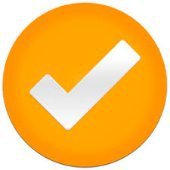Difference between win 2003 server sbs and the standard edition?
-
Similar Content
-
Windows server 2022 standard
By Guest /u/Weird-Possibility-58,
- 0 replies
- 43 views
-
is possible to activate windows server 2016 standard on windows server 2022 standard host?
By Guest Ramón Tomás Perelló Martínez,
- 0 replies
- 21 views
-
Windows Server 2022 Standard ROK - activation issue
By Guest peperoca116,
- 0 replies
- 35 views
-
Issues with Admin center - Extensions not showing (Win Server 2025)
By Guest Asko123,
- 1 reply
- 74 views
-
Licensing required to add a vm to Windows Server 2019 Standard
By Guest 360VisionIT,
- 0 replies
- 22 views
-



Recommended Posts